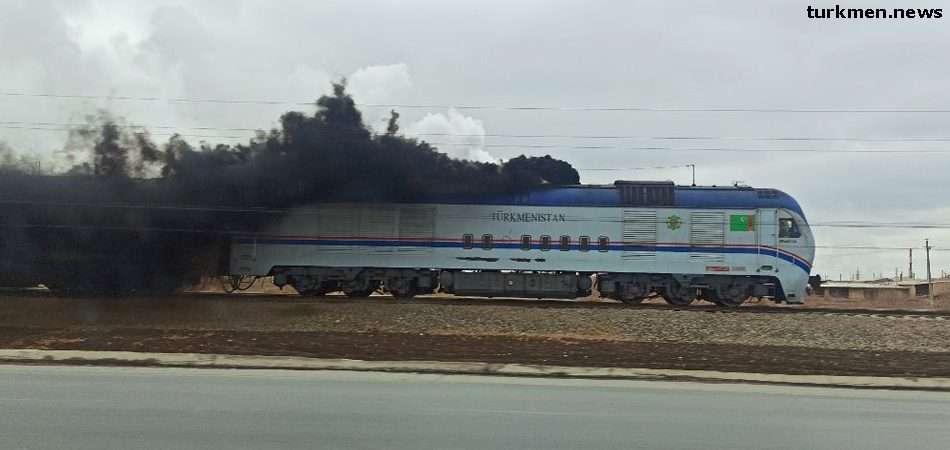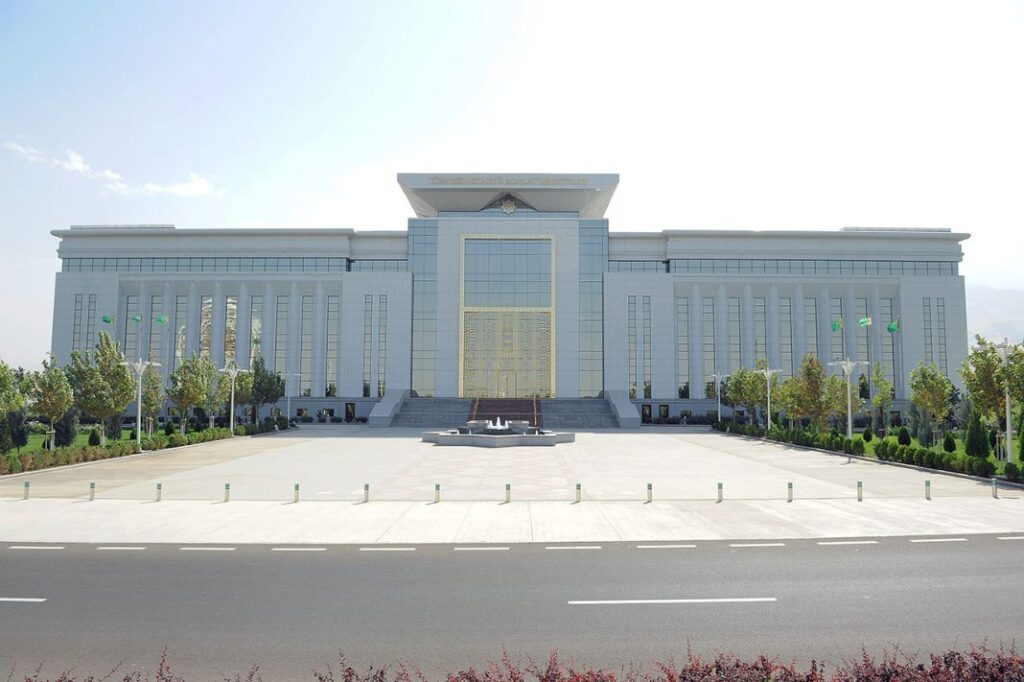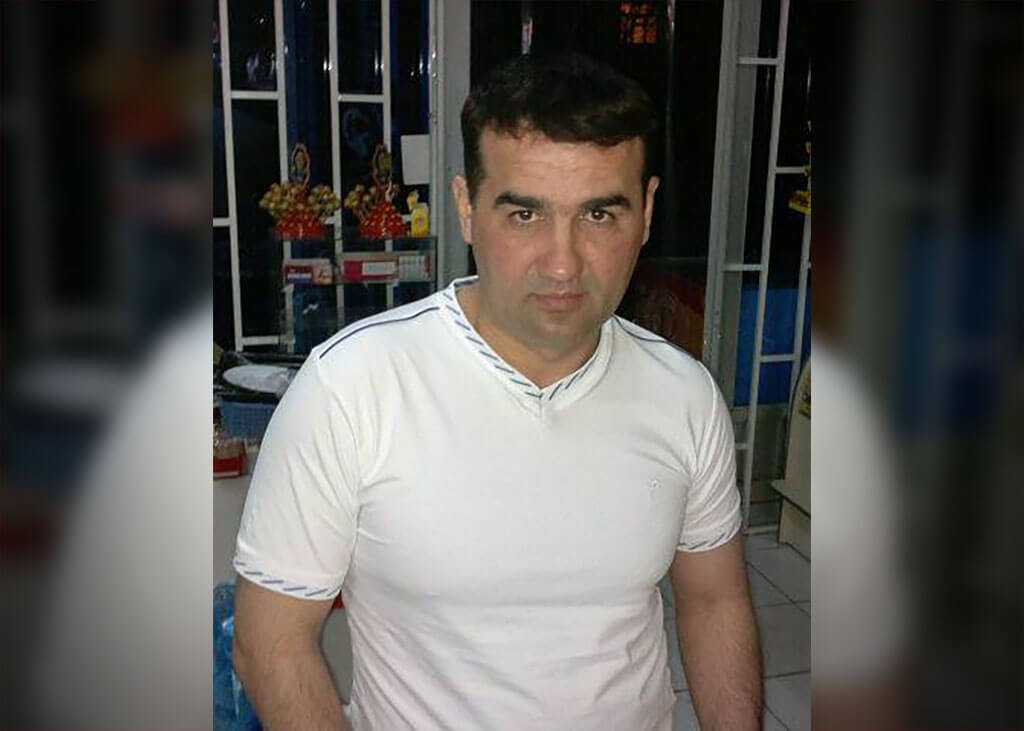Former Head of Turkmen Railways on Trial in Russia Over Alleged Drug Smuggling
The former head of Turkmenistan’s state rail company is facing trial in Russia on charges of large-scale drug smuggling, as reports emerge of a covert, high-level campaign to secure his release. Khydyr Rakhmanov, who led Demiryollary JSC (Turkmen Railways), was detained on October 4, 2025, at Moscow's Domodedovo airport while allegedly attempting to import LSD. Russian authorities subsequently opened a criminal case under Article 229.1 of the Criminal Code, “Smuggling of narcotic drugs and psychotropic substances.” He has been held in custody since October 6, and on December 4, the Domodedovo court extended his pretrial detention by another two months. Sources cited by turkmen.news allege Rakhmanov is charged under the most severe subsection of the statute, which covers large-scale smuggling and carries a sentence of 10 to 20 years in prison and a fine of up to $13,000. The law does not allow for a suspended sentence. Despite this, efforts appear to be underway to negotiate Rakhmanov’s return to Turkmenistan. According to turkmen.news, the Ministry of Foreign Affairs of Turkmenistan, led by Rashid Meredov, is personally involved in an unofficial campaign to secure his release. Sources further claim that $3 million was transferred from Ashgabat via diplomatic mail as part of a backchannel attempt to reach a settlement with Russian authorities. Roman Kuchin, a Russian lawyer with prior experience in the prosecutor’s office and close ties to legal and political networks, has reportedly been retained to advocate for a suspended sentence and eventual deportation of Rakhmanov. Notably, there is no public information about the case on the Russian court’s official website. Earlier reports suggested that Turkmen special service operatives traveled to Russia to conduct direct negotiations with law enforcement officials. The situation underscores Turkmenistan’s behind-the-scenes influence campaign and raises questions about transparency and diplomatic maneuvering in high-stakes criminal cases involving state officials.






